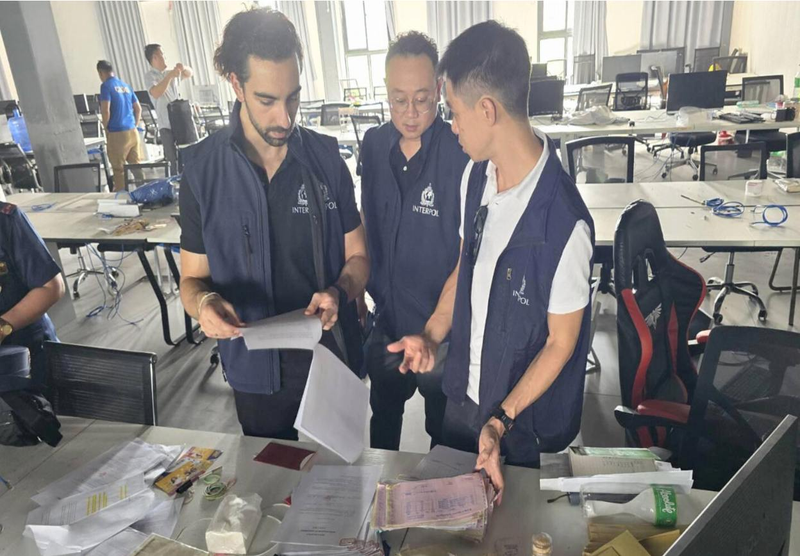Illegal gambling continues to pose a significant threat not just to public safety but also to the integrity of financial systems globally. A recent international operation, code-named SOGA X, starkly highlights the extensive reach of illegal gambling and its ties to human trafficking, money laundering, and fraud. Conducted by INTERPOL and involving 28 countries, this operation saw over 5,100 arrests and the recovery of more than USD 59 million in illicit proceeds between June and July 2024, coinciding with the UEFA 2024 European Football Championship.

The Global Impact of Illegal Gambling
The illegal gambling market is estimated to be worth an astronomical USD 1.7 trillion. This massive figure is not only indicative of the scale of the operations but also serves as a breeding ground for various criminal enterprises. SOGA X aimed to disrupt this market during a peak betting period, taking down tens of thousands of illegal websites and initiating investigations that led to the rescue of trafficked individuals and the exposure of money laundering syndicates.
A Major Success in the Philippines
One of the most harrowing cases arose in the Philippines, where local authorities, aided by INTERPOL, dismantled a scam center that operated in conjunction with a licensed gambling site. This successful operation rescued over 650 victims of human trafficking. Many of these individuals had been lured by false job promises and subsequently trapped through intimidation and passport confiscation. They were forced to work not only for the legal gambling operation but also in illegal cyber scams, including romance scams and cryptocurrency fraud.
INTERPOL’s support was crucial, providing expertise in forensic analysis and financial tracing to unravel the complexities of the criminal operations.
Financial Fraud in Vietnam and Thailand
The sweep also targeted large-scale illegal betting networks in Vietnam and Thailand. In Vietnam, where online gambling is illegal for citizens, a sophisticated syndicate was shut down that reportedly handled daily transactions worth USD 800,000. In Thailand, authorities seized over USD 9 million in assets during raids that captured ringleaders involved in gambling and money laundering offenses.
In Greece, significant progress was made against organized crime groups that used fake identities and sophisticated networks to bypass legal restrictions on gambling. With 3,000 fake and “mule” accounts created, this tactic allowed criminals to launder money and avoid detection through smaller transactions across multiple accounts.
The Broader Implications
INTERPOL’s operation highlights a critical link between illegal gambling and a range of associated crimes. Stephen Kavanagh, INTERPOL’s Executive Director of Police Services, asserted that organized crime networks gain enormous profits from illegal gambling, fostering a nexus with corruption, human trafficking, and money laundering. The operation not only intercepted illegal gambling activities but also aimed to disrupt potential match-fixing schemes by influencing game outcomes for financial gain.
Conclusion
As the SOGA X operation demonstrates, the fight against illegal gambling is not just about enforcing laws; it’s about combating the underlying criminal enterprises that exploit vulnerable populations. The illicit gambling market’s intersection with human trafficking and financial fraud necessitates a global response involving robust information sharing and coordinated law enforcement efforts.
Ensuring the integrity of sports and protecting individuals from exploitation must remain at the forefront of ongoing international initiatives. With the threat posed by these organized crime networks, continuous vigilance and cooperation are essential in the battle against illegal gambling and its far-reaching impacts on society.
The article was based on materials from the INTERPOL website.
